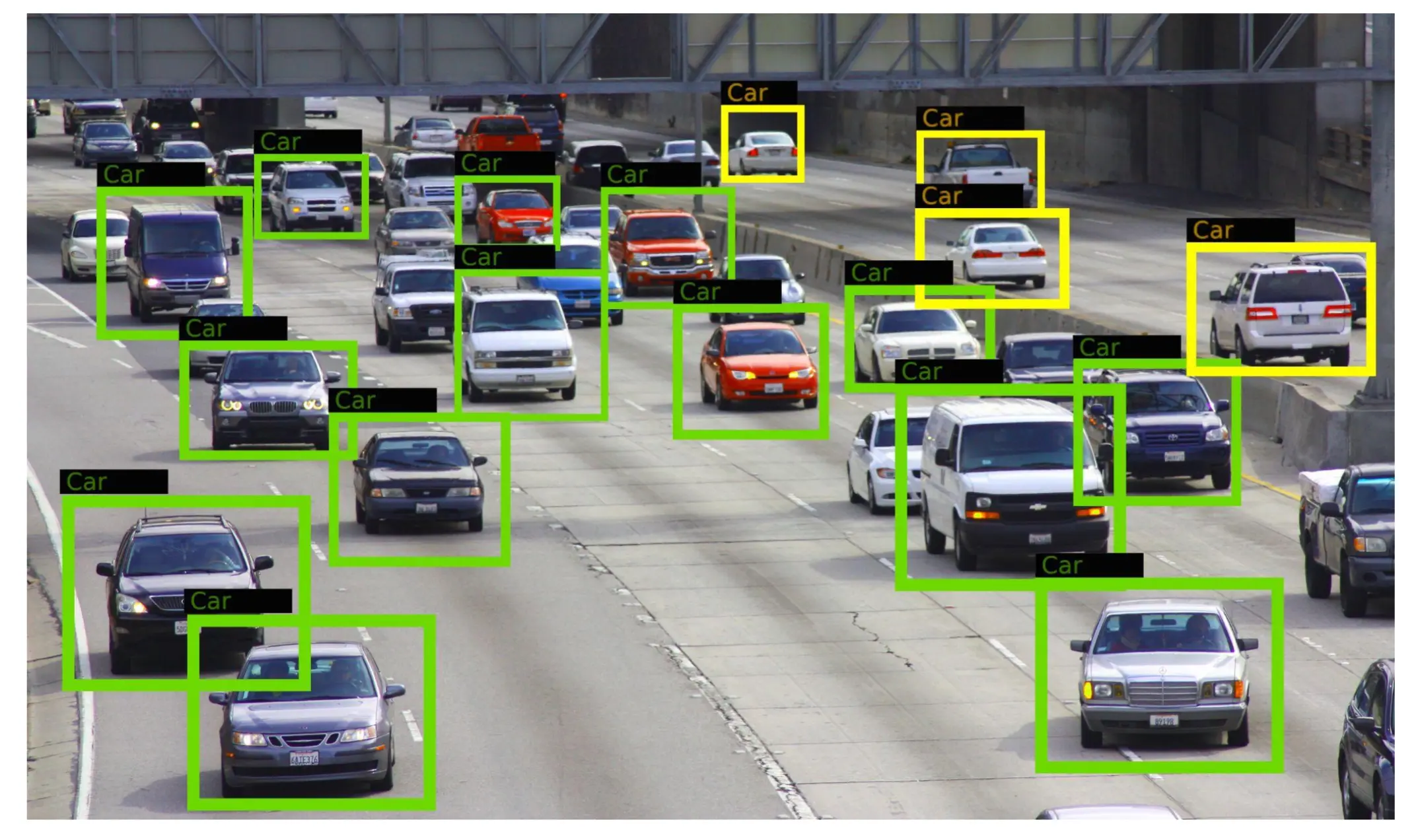- Publication: CodiumAI
- Publication Date: January 16 2024
- Organizations mentioned: Codeforces, DeepMind, Google, OpenAI
- Publication Authors: Tal Ridnik, Dedy Kredo, Itamar Friedman
- Technical background required: Medium
- Estimated read time (original text): 15 minutes
- Sentiment score: 70%
In the intersection of AI and software development, generating syntactically and logically correct code is a complex challenge. Previous approaches, such as DeepMind’s AlphaCode, have relied on generating a multitude of solutions to find accurate code, a computationally expensive method. The new study by CodiumAI introduces AlphaCodium, a test-based, iterative framework that significantly enhances the efficiency and accuracy of code generation by language models. This advancement is not just a technical leap; it’s a business game-changer. AlphaCodium promises more cost-effective, scalable coding solutions, democratizing access to advanced software development and enabling businesses with limited technical expertise to innovate and compete.
Goal of the Study
The study aimed to refine AI’s code generation capabilities, focusing on producing syntactically correct and logically sound code. Motivated by the low success rates of existing models like GPT-4, which stood at 19% accuracy, the researchers at CodiumAI developed AlphaCodium. Their goal was to create a more efficient and less resource-heavy method to improve code generation outcomes, making this advanced AI technology more accessible and practical for businesses, especially those with limited technical capabilities.
Methodology
Iterative Flow Development
- Objective: To create a process that improves the performance of language models on code generation tasks by addressing the specific challenges of coding, such as syntax accuracy and logical correctness.
- Method: The AlphaCodium methodology involves a multistage flow that includes a pre-processing phase for problem understanding and an iterative code generation phase. The process begins with the model reflecting on the problem in natural language, followed by generating and testing potential solutions against both public and AI-generated tests. This iterative cycle of generating, running, and fixing code continues until a satisfactory solution is found.
- Connection to Goal of the Study: This iterative method is designed to enhance the accuracy of code generation from 19% to a higher success rate, directly contributing to the study’s goal of improving AI-driven code generation for practical use.

AI-Generated Test Enrichment
- Objective: To supplement the existing tests with additional ones generated by AI to cover edge cases and other scenarios not included in public tests.
- Method: The researchers introduced the generation of new input-output pairs (tests) using the AI model itself. These tests are specifically designed to challenge the code’s robustness and cover a wider range of potential issues that could occur in real-world applications.
- Connection to Goal of the Study: By creating a more comprehensive set of tests, the researchers aimed to ensure that the generated code could handle a variety of real-world scenarios, thus making AI code generation more reliable and applicable for businesses.
Code-Oriented Design Concepts
- Objective: To implement coding best practices into the AI’s code generation process to improve the quality and maintainability of the generated code.
- Method: The approach includes the use of YAML for structured outputs, bullet point analysis for semantic reasoning, modular code generation for better debugging, and soft decisions with double validation to reduce errors. Additionally, the concept of test anchors is introduced to ensure that changes to the code do not break previously working solutions.
- Connection to Goal of the Study: These design concepts aim to produce higher-quality code that is closer to what a human developer might write, thereby increasing the practicality and effectiveness of AI-generated code for business applications.
Key Findings & Results
The AlphaCodium study found that their iterative flow significantly improved the performance of language models in code generation tasks. The method increased the pass@5 accuracy rate from 19% to 44% for GPT-4 models on the validation set. This demonstrates a more than twofold improvement in the model’s ability to generate correct code on the first try. Additionally, the study showed that the AlphaCodium approach is not only more accurate but also more efficient, requiring significantly fewer computational resources compared to previous methods such as AlphaCode, which used up to a million LLM calls. These results indicate that AlphaCodium can make AI-driven code generation more accessible and cost-effective for businesses, offering a scalable solution that does not compromise on quality or performance.
Applications
- Streamlined Software Development: AlphaCodium could significantly accelerate the creation of software by automating coding tasks, leading to more rapid production cycles and innovation within the tech industry.
- Enhanced Learning Platforms: The technology could underpin advanced educational platforms that teach programming through AI-generated examples, fostering a deeper understanding of coding logic and problem-solving.
- Business Efficiency: Companies could leverage AlphaCodium to automate routine coding tasks, streamlining operations and enabling non-technical staff to contribute to software development.
- Competitive Programming Prep: Aspiring competitive programmers could use AlphaCodium to generate and solve a diverse array of practice problems, sharpening their skills more efficiently.
- AI Model Training Optimization: The efficiency of AlphaCodium suggests potential applications in reducing the computational footprint of training other AI models, aligning with economic and environmental goals.
Broader Implications
- The study suggests a future where AI could serve as a collaborative tool in software development, potentially leveling the playing field for smaller entities to create advanced software solutions.
- Economically, the adoption of such AI-driven code generation could reduce development costs, fostering innovation and competition across various sectors.
- Technologically, AlphaCodium’s approach may influence the development of more efficient AI models, potentially reducing the computational resources needed for complex tasks.
Limitations & Future Research Directions
- AlphaCodium’s current capabilities may not extend to highly specialized programming tasks. As such, further research to expand its domain expertise is needed.
- The adaptability of the methodology across different programming languages and environments remains to be thoroughly tested, suggesting a direction for future studies.
- Integrating human feedback into AlphaCodium’s iterative process could enhance the model’s performance and ensure the generated code aligns with human developers’ intentions.
Glossary
- Iterative Flow Development: A process that improves language model performance in coding tasks through cycles of generation, testing, and refinement.
- AI-Generated Test Enrichment: A method of supplementing tests with additional AI-generated scenarios to ensure comprehensive coverage.
- Code-Oriented Design Concepts: Best practices implemented in AI code generation to improve code quality, such as structured outputs and modular code.
- Pass@5 Accuracy: A metric indicating the percentage of problems solved by using five generated solutions per problem.
- YAML Structured Output: A format for structured output in code generation tasks that simplifies complexity and enhances readability.
- Test Anchors: Reference tests used during iterative fixing to maintain the integrity of previously correct solutions.
- Generative AI: Artificial intelligence technology capable of creating content, such as code, based on training data and user inputs.
- Open Source: A model of software development where the source code is made freely available for modification and distribution.



 Join hosts Anthony, Shane, and Francesca for essential insights on AI's impact on jobs, careers, and business. Stay ahead of the curve – listen now!
Join hosts Anthony, Shane, and Francesca for essential insights on AI's impact on jobs, careers, and business. Stay ahead of the curve – listen now!


